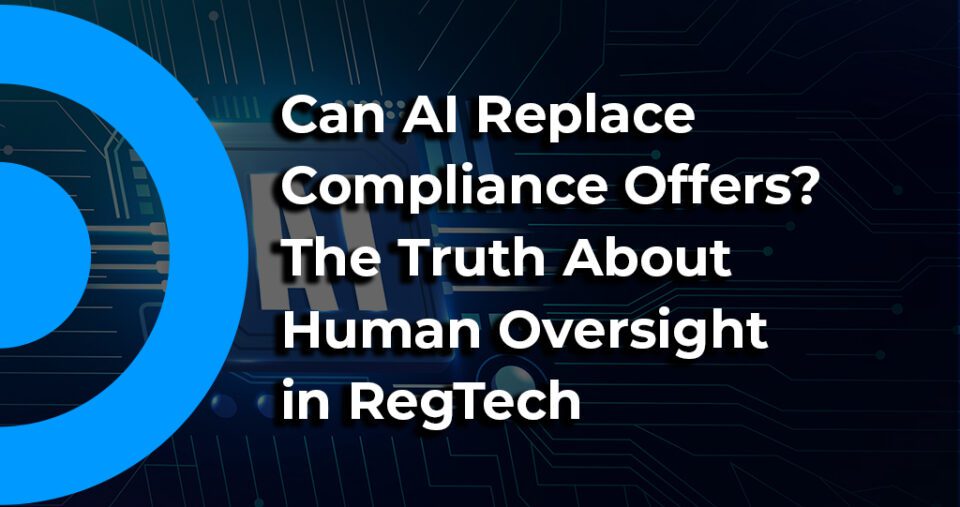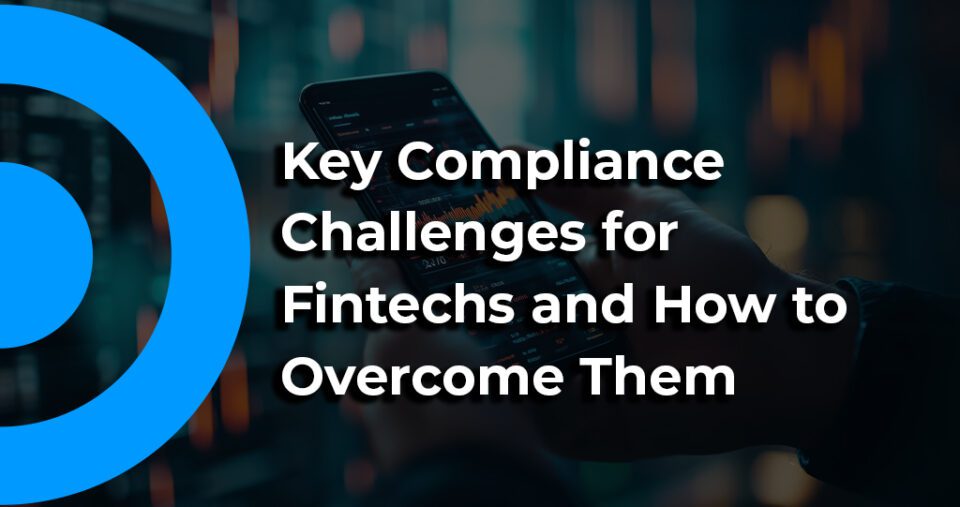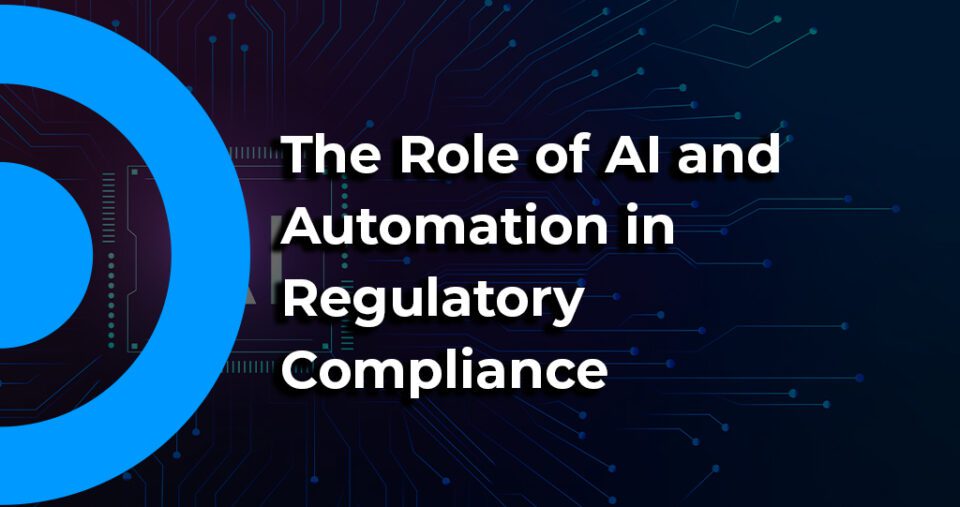
Key Compliance Challenges for Fintechs and How to Overcome Them
May 26, 2025
Can AI Replace Compliance Officers? The Truth About Human Oversight in RegTech
May 30, 2025GIFT City (Gujarat International Finance Tech-City) is fast becoming a premier destination for fintechs and payment service providers aiming to tap into India’s thriving global financial market. But before launching operations, businesses must navigate a complex web of compliance obligations governed by the International Financial Services Centres Authority (IFSCA). This blog offers a detailed, actionable checklist to help you meet regulatory expectations and avoid costly delays.
1. Understanding GIFT City and the Role of IFSCA
GIFT City is India’s first operational smart city and international financial services center (IFSC). The International Financial Services Centres Authority (IFSCA) regulates all financial entities operating in this jurisdiction, including fintechs, banks, insurance providers, and payment service providers.
- IFSCA was established in 2020 under the IFSCA Act.
- Its objective is to develop a strong global financial ecosystem with relaxed capital controls and tax incentives.
Learn more about RegTech and how it’s helping businesses thrive in GIFT City.
2. Licensing Requirements for Fintech and Payment Firms
Fintech and payment companies operating in GIFT City must apply for specific licenses based on their business model:
- Payment Services Providers (PSPs): Require IFSCA registration and must comply with designated guidelines on settlement and client fund segregation.
- Money Services Businesses (MSBs): Need prior approval and detailed KYC/AML documentation.
- Digital Lending Platforms: Subject to sandbox entry if testing innovative models.
You must submit:
- Business plan
- Governance structure
- Capital adequacy proof
- AML/CFT framework
3. Regulatory Compliance Obligations
Compliance doesn’t stop at licensing. Ongoing requirements include:
- AML and CFT Framework: Must align with FATF recommendations and be periodically reviewed.
- KYC Verification Process: IFSCA mandates tech-driven KYC tools with audit trails.
- Internal Governance and Reporting: Quarterly compliance and risk reports are mandatory.
The IFSCA also issues circulars and financial services regulatory updates that firms must monitor to remain compliant.
4. Operational Considerations and Reporting
Once licensed, firms must ensure proper:
- Data localization per applicable Indian laws
- Cybersecurity frameworks aligned with ISO 27001 standards
- Risk Management Systems that enable real-time fraud monitoring
Additionally, firms must comply with:
- Regulatory audits
- Monthly/quarterly MIS filings
- Client grievance redressal protocols
5. Taxation and Incentives in GIFT City
GIFT City offers a highly favorable tax environment:
- 100% tax exemption for 10 years out of 15
- No securities transaction tax (STT) or commodities transaction tax (CTT)
- GST exemption on certain financial services
However, companies must:
- Maintain separate books for IFSC and domestic operations
- File tax reports under India’s Income Tax Act (Section 80LA)
Conclusion: Your GIFT City Compliance Roadmap
Setting up in GIFT City presents enormous potential for fintech and payments firms—but only with the right compliance strategy. From licensing and AML policies to ongoing regulatory reporting, companies must build a robust governance framework from day one.
Take advantage of the tax perks, but don’t ignore the legal fine print. A proactive, risk-based approach will position your business as a trusted financial player in India’s premier global hub.
Call to Action (CTA)
Looking to launch your fintech in GIFT City?
Contact Paycompliance for expert guidance on licensing, compliance documentation, and ongoing regulatory support.
Or, explore our other blogs on:
- How to Secure a PSP License in the UAE
- Understanding AML & CFT Regulations in the UAE
- Risk-Based Approaches in AML Compliance
Sources
- IFSCA Official Website
https://www.ifsca.gov.in



